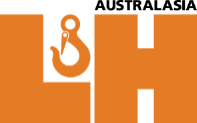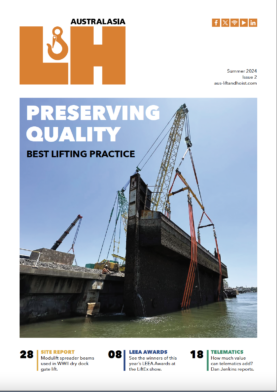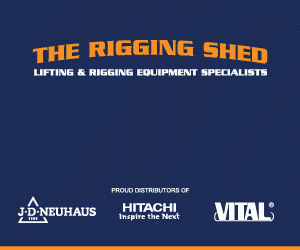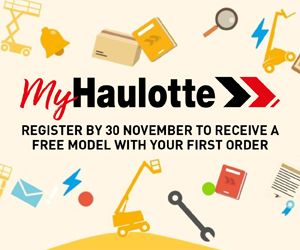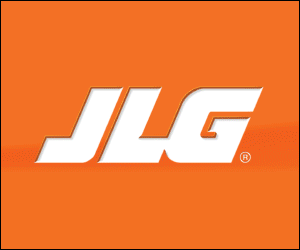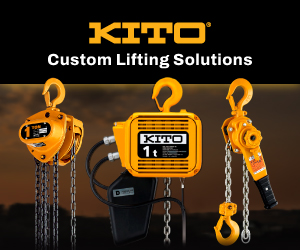)
Lifting end user burden of responsibility
It is vital that mangers in end user sectors understand the consequences of non-compliance with lifting regulations and their responsibilities says Justin Boehm, member engagement manager for Australia at the Lifting Equipment Engineers Association (LEEA).
Safety is paramount in any lifting operation because, whether you are an operator or a handler, tasks are often very dangerous. We in the lifting industry of course are generally well aware of this, but what of end users? Are they aware of the risks and responsibilities when it comes to lifting standards compliance? They really ought to be because the consequences of accidents are extremely serious for them.
Lifting is a ubiquitous and essential function in many supply chains in Australasia – from construction to manufacturing, offshore to energy, entertainment to defence. While some of these sectors, such as construction, have a greater awareness of lifting matters than others, it is vital that leaders responsible for procuring lifting equipment and services in any of these markets fully understand the risks, consequences and legal obligations, as well as being able to filter good practice from the bad.
For this reason, LEEA has created a new course to educate company directors, senior managers and responsible persons where lifting equipment is used in a business. The Lifting Equipment End User Guidance course provides an essential insight to general legal responsibilities for lifting equipment for an end user ‘PCBU’ (Person Conducting a Business or Undertaking). This can be anybody from the owner of equipment, supervisor, user or any officer of a company.
LEEA will also be reaching out to specific end user markets through a series of Zoom-based events. The first is aimed at the maritime, ‘wet logistics’ and ports end user sector. This free, two hour ‘open house’ will provide information on sector specific issues such as one-trip slings, load restraints and relevant equipment. End users can gain an understanding of their legal obligations, best practice, and smarter procurement of third party practices. They can also put questions to experts in the kind of neutral environment that a trading association forum can offer. For more information, email: events@leeaint.com.
By educating the top tiers of industries, no matter how familiar they are with lifting matters, we can go beyond relying solely on procurement teams knowing that testing and inspections need to happen.
The long-term objective is to see LEEA’s best practice methodologies actually written into legislation or become recognised as the ‘Industry minimum’ here in Australasia and in countries around the world. But until that can be achieved we must rely on education to focus the end user towards their responsibilities when it comes to lifting and also to recognise that the LEEA badge signposts the path of least resistance for reducing risk. By sourcing and installing lifting gear with LEEA members, using LEEA to train their people, and contracting with LEEA members for ‘thorough examinations’, they can lift the burden of responsibility. This is because our members adopt a Quality Management System, which – combined with training and documentation procedures – underwrites the LEEA logo as a ‘gold standard’ for quality and safety. This message needs to permeate beyond the end-user, into their value chain because standards can dilute the further down you go.
End user companies that are significant users of lifting equipment might wish to consider the LEEA audit themselves, with a view to becoming a member. That would open a direct channel to making input to the constantly developing technical and regulatory environment around lifting equipment.
In addition to supporting our members, LEEA takes its external vision very seriously. By educating leaders in end user markets and helping them to learn about their lifting responsibilities, we can fulfil another vital part of our organisational mission: to make a safer lifting world.
We will be running four End User Guidance course ‘taster’ sessions during GLAD2021, on Thursday 8 July. For further information, contact: mail@leaaint.com.
